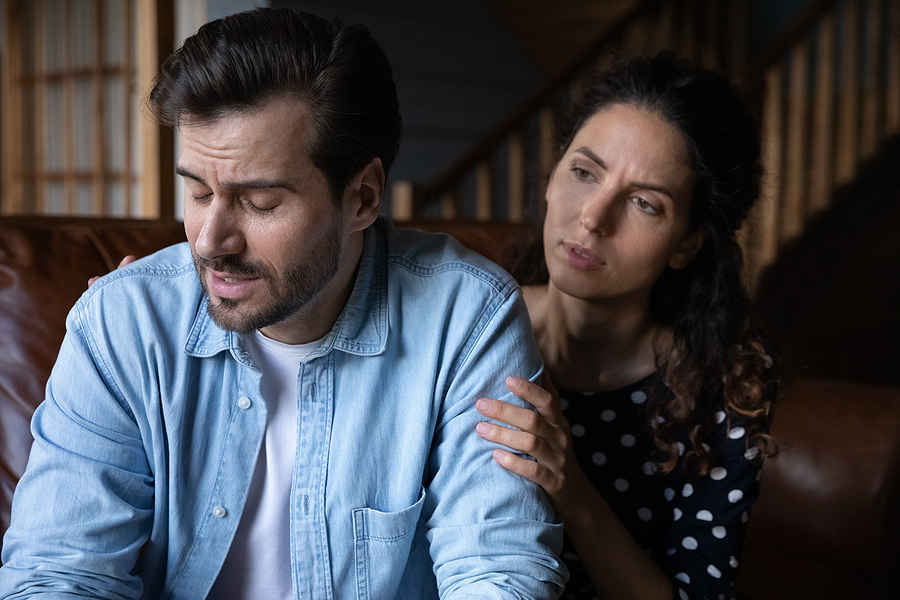When a loved one passes away due to the negligence of someone else, the survivors are not only left with terrible sadness, but a lot of questions as well. Whether the cause was a car accident or something else, family members want to know how they can hold those responsible for their loss accountable. They want justice because that could help them feel a sense of closure. But many times they’re not sure how to go about getting it. A wrongful death lawsuit may provide the grieving family some closure.
If you are in this tragic situation, the attorneys with Sand Law are ready to help. We will be here with the answers you need to any legal questions you may have, and we’ll also tell you how we can go about the task of helping you find the justice and closure you seek. Our attorneys have a great deal of experience in this area of the law, and we also have a track record of helping our clients achieve positive outcomes.
Our professionals are standing by to tell you more. Give us a call at 651-291-7263 or contact us online for a free consultation.

Filing a Wrongful Death Lawsuit Can Help You Get The Closure You Need
Losing a cherished member of the family is obviously a devastating experience. When it happens because of someone else’s carelessness, that can create a sense of anger, as well as frustration. For many survivors, the frustration will only continue to fester.
One way to possibly ease that frustration will be to file a wrongful death lawsuit against those who caused their suffering. This is an incredibly complex process, so the best choice would be to hire an attorney with expertise in this type of case. An attorney will have the resources to investigate the accident, and the skill to ensure those who caused it are forced to face accountability.
How to File a Wrongful Death Lawsuit
If you are thinking of taking legal action against those who caused the tragedy, again, your first decision should be to choose an experienced attorney. By doing so, you can focus on healing from your loss, while your attorney works on your case.
Minnesota law defines wrongful death as a fatality caused by a corporation’s or person’s omission or wrongful act. It can be an intentional act, such as a murder, or an unintentional act, such as a form of negligence. A driver who is distracted by texting on a smartphone, and then causes a fatal accident due to that distraction, is considered to be negligent.
In order to prove the negligence of another party, however, you’ll need the help of a seasoned legal representative. They’ll work to uncover the evidence it takes to show negligence occurred, and your loved one’s death occurred as a direct result.
Who Can File a Wrongful Death Lawsuit?
There is a specific order regarding who can take legal action in the form of a wrongful death lawsuit in order to obtain compensation for their loss of companionship as well as financial support. The first right goes to the surviving spouse of the deceased. If there is no spouse, then the children of the deceased will be able to file suit. If there are no children, other relatives may be able to take action. The parents of the deceased are next in order, followed by the deceased’s siblings.
If the fatality was a young child, the parents of the child will be able to file a wrongful death lawsuit.
How Much Time Do I Have to File?
Every state has what’s known as a “statute of limitation.” This basically means you have a certain period of time to perform a legal action, such as filing a wrongful death lawsuit. In Minnesota, the statute of limitations is three years from the date of the victim’s death. If, however, the death occurred to an intentional act, no statute of limitations exists.
Wrongful Death Compensation
There are three main types of damages (the legal term for financial losses) that you may be able to recover by filing a wrongful death lawsuit. These are economic, non-economic, and punitive damages. Here’s a look at each.
Economic Damages
These are the types of financial losses that are relatively easy to quantify. They usually involve monetary contributions the deceased would have been able to provide to the family if the accident had not occurred. These include the:
- loss of earnings
- loss of benefits (such as medical insurance)
- value of any services and/or goods the deceased would have been able to produce
There is also a high likelihood that the deceased received extensive medical attention before passing away. The family member who files the wrongful death lawsuit may be able to obtain compensation for any hospital or other medical bills arising from that attention. They may also be able to recover funeral costs.
Non-Economic Damages
Of course, the tragic loss of a loved one will involve some sort of psychological or emotional trauma. The losses associated with this trauma are known as non-economic damages. They’re not as tangible, so they can be a great deal harder to quantify as a result. Examples include:
- mental anguish suffered by the survivors
- the loss of love and companionship
- in the case of the spouse, the loss of consortium
Punitive Damages
Punitive damages, as the name implies, are meant to punish a defendant for particularly malicious or negligent behavior. One example is a drunk driver who causes an accident that results in a death. The compensation available through punitive damages is typically much greater than for economic or non-economic damages. However, it’s important to note that they are rarely awarded.
Contact Sand Law Today to Seek Justice for Your Loved One
At Sand Law, we know how incredibly difficult it can be for people who lose a loved one. But our attorneys also know that many family members want closure when their loss occurs due to the carelessness or recklessness of someone else.
If this applies to you, we may be able to help. Don’t hesitate to use our online contact form or call 651-291-7263 for a free case review.

